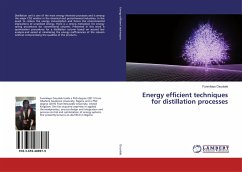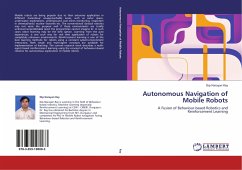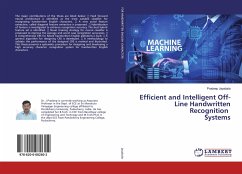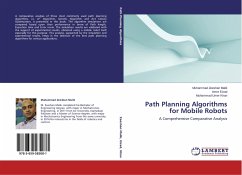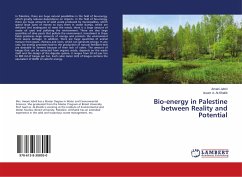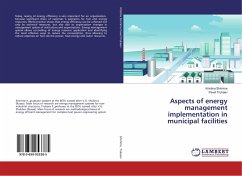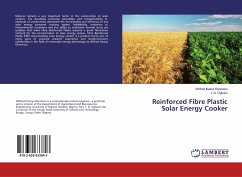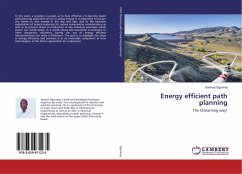
Energy efficient path planning
The Q-learning way!
Versandkostenfrei!
Versandfertig in 6-10 Tagen
37,99 €
inkl. MwSt.

PAYBACK Punkte
19 °P sammeln!
In this work, a question is posed, as to how effective a Q-learning based path planning algorithm can be in saving energy. It is imperative to pursue any means to save energy in this day and age, due to the excessive exploitation of natural resources for nature conservation considerations as well as to prevent drops in production in key industrial processes which power our world today. In a world where less downtime is necessary or other dangerous situations, having the use of energy efficient robots/machines can make a difference. The goal is to highlight the value in energy efficiency and pr...
In this work, a question is posed, as to how effective a Q-learning based path planning algorithm can be in saving energy. It is imperative to pursue any means to save energy in this day and age, due to the excessive exploitation of natural resources for nature conservation considerations as well as to prevent drops in production in key industrial processes which power our world today. In a world where less downtime is necessary or other dangerous situations, having the use of energy efficient robots/machines can make a difference. The goal is to highlight the value in energy efficiency and promote it as an invaluable component of new technologies, as the future approaches at a rapid pace.



